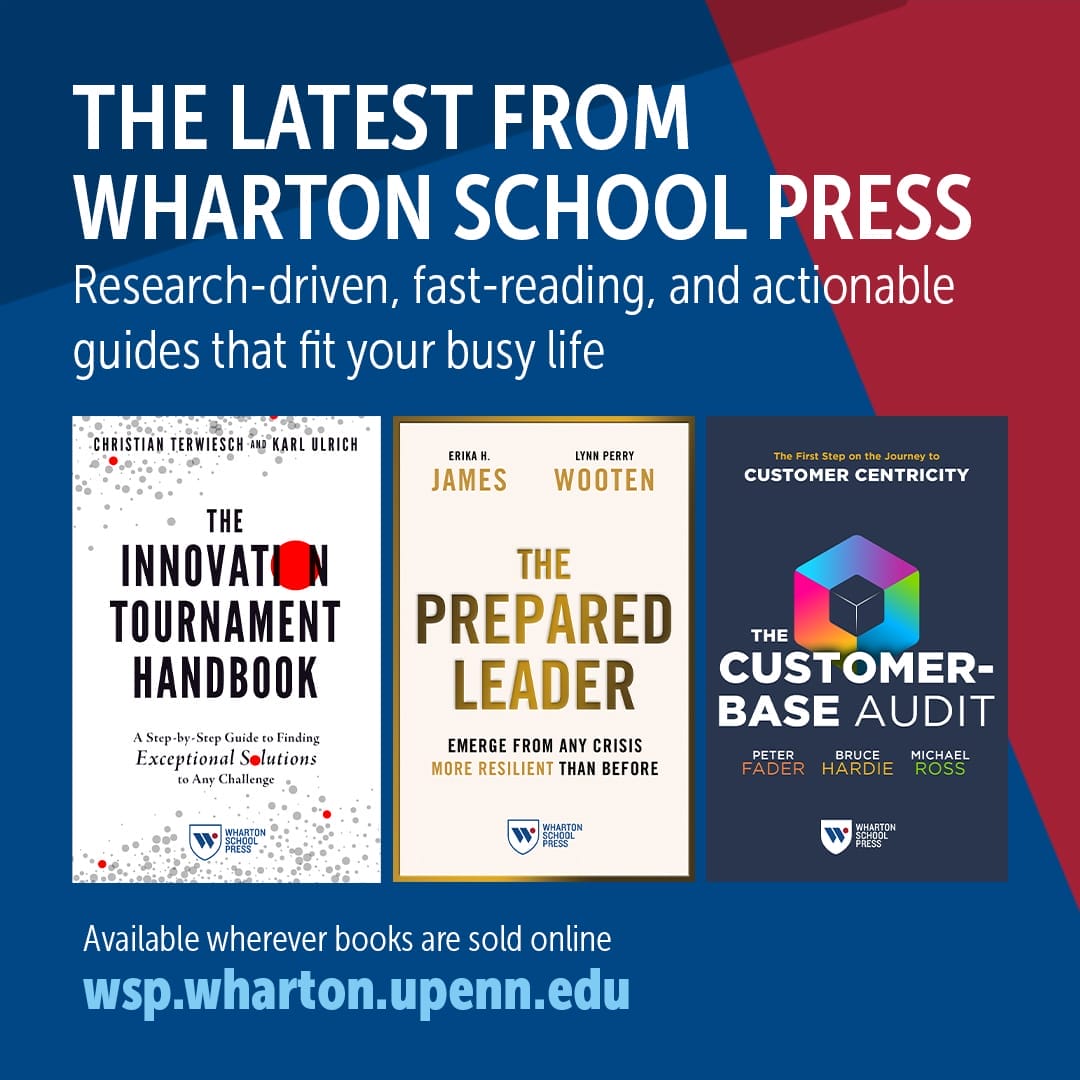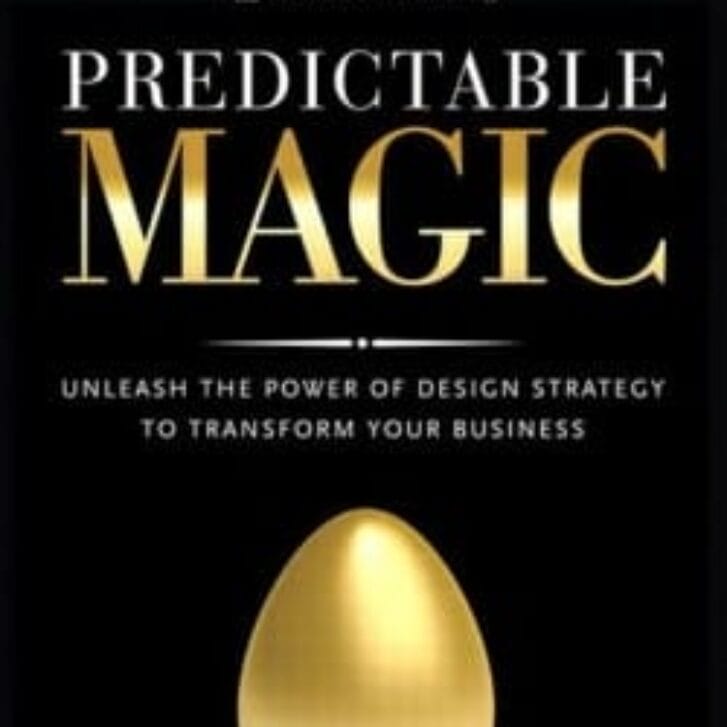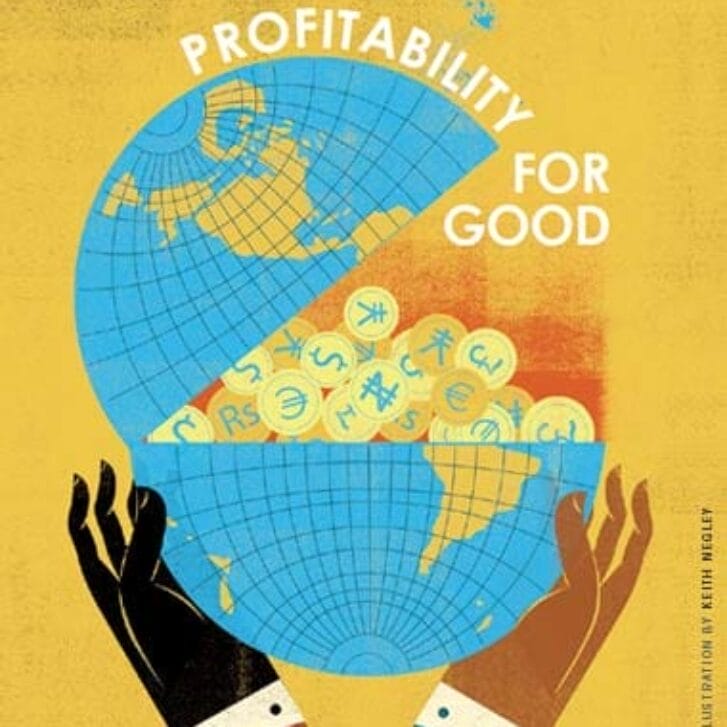Marc Wolpow, W’80, jokes that when he was at Wharton, it’s not just that there was no course on private equity. It’s also that there was not recognized industry in private equity.
Today, of course, that’s hardly the case.
Though private equity activity and leveraged buyouts have been staples of the business world since the early 1900s, only in recent years has PE become established, somewhat unofficially, as a sector all its own—not to mention a possible career path for Wharton grads. In response to the rapidly growing interest in private equity, Wharton this year created the Advanced Seminar on Private Equity, a new course designed by Associate Professor of Finance N. Bulent Gultekin to bring a uniquely “real world” perspective to Wharton’s classrooms—and give students an idea of what it takes to make it in PE.
Wolpow believes the course delivered exactly that.
“It was a great experience,” says Wolpow, Co-Chief Executive Officer at the Audax Group in Boston and a contributor to Gultekin’s course. “The students were very engaged. They had great questions, and they clearly valued the experience.”
The Advanced Seminar on Private Equity was designed by Gultekin to be a strictly “applied” course, presenting material on the entire private equity cycle through the experience of high-level practitioners such as Wolpow, Fadi Arbid, WG’03, Executive Vice President for private equity firm Amwal AlKhaleej, Ammar Al-Khudairy, CEO of Amwal Al Kaleej, and Antoine Dréan, WG’92, Chairman and CEO of Triago, among many others.
The course grew out of a request by Dean Thomas S. Robertson and Deputy Dean Mike Gibbons, who had been seeking a way to tap into the expertise of Wharton’s alumni network in private equity and have students learn first-hand from successful practitioners.”They wanted to develop an experimental course a bit different from other offerings,” explained Gultekin. “Since our alumni were very supportive, we would bring them into the classroom. I developed some teaching materials, including some cases, and invited alumni to address each topic—how they did it, how they do it, comparing across companies.”
For Wolpow, that meant getting down the “nuts and bolts” of running his firm—including such “human” issues as managing his relationship with his co-CEO. Overall, he came away impressed with the students’ inquisitiveness about the business—not to mention the functionality of this unique new course.
“If the other classes in the course were as productive as the one I attended,” Wolpow says, “I have no doubt that it will be a very successful course.”


























